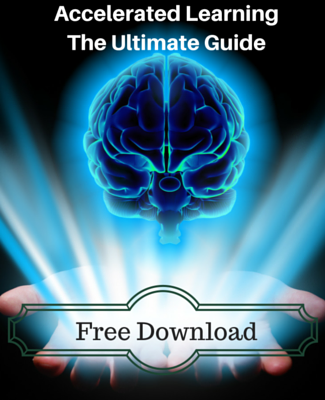A Short History of Nearly Everything – Bryson
Anyone who engages these texts will either revolutionize their worldview to a more accurate picture of the universe around us; or at the very least will have his/her worldview fleshed out with most of the major contours that direct our lives.
- Cosmos – Niel DeGrass Tyson or Carl Sagan (TV Show)
- A Theory of Everything – Ken Wilber (Book)
- A Short History of Nearly Everything – Bill Bryson (Audio Book)
- The Great Ideas of Psychology – The Great Courses (Audio Lectures)
- 12 Essential Scientific Concepts – The Great Courses (Audio Lectures)
Why these five pieces of information are so powerful in enhancing our big picture view:
Anyone who hasn’t read, listened to, or watched these four pieces of information should short track them to the top of the reading and watching list. Personally, I would recommend these different works be taken in through different mediums for optimal benefits.
3. A Short History of Nearly Everything by Bill Bryson – Entertaining and educational, this text is ideal for audio book listening. Funny enough, it is completely different than Wilber’s theory of everything. Indeed it takes at least two or three overviews of “everything” to really start to get anything close to a full picture.
This is the story of everything since the big bang. It supplements Cosmos perfectly because it covers the specific controversies and competitions throughout the history of science. Quantum physics, physics, chemistry, biology, geology, paleontology, and more are overviewed here.
While cosmos focuses on what we know more broadly, Bryson focuses on how we came to know these things. How and why do we know the Earth is this old or the sun is that big? Did we get this right the first time? When did we find out about bacteria for the first time? How do cell processes actually work?
The beautify of this text is that it is much more comprehensive in the subjects that it covers and gives a better overview of how each of these fields actually works. And Bryson takes us back in history to remind us of many of the forgotten names that deserve credit for their monumental achievements.
Limitations – Like Cosmos, Bill Bryson’s everything means “everything we can now about objective, external, reality.” But as Wilber points out, physical material simply isn’t “everything.” It overlooks history, politics, psychology, philosophy, and basically most things pertaining to the mind, society, and culture. This book does, however, present an excellent skeleton for the underlying laws and processes of the universe. It’s enjoyable and everyone will learn something useful here.
Comments are closed.


